Dyscalculia: What it Looks Like and How to Get Help {An Interview with Sharon Harding}
I’m fairly confident that just about everyone reading this has heard of dyslexia, a reading disorder that affects reading and language abilities. I’m almost as confident, however, that most of you will be unfamiliar with the term dyscalculia.
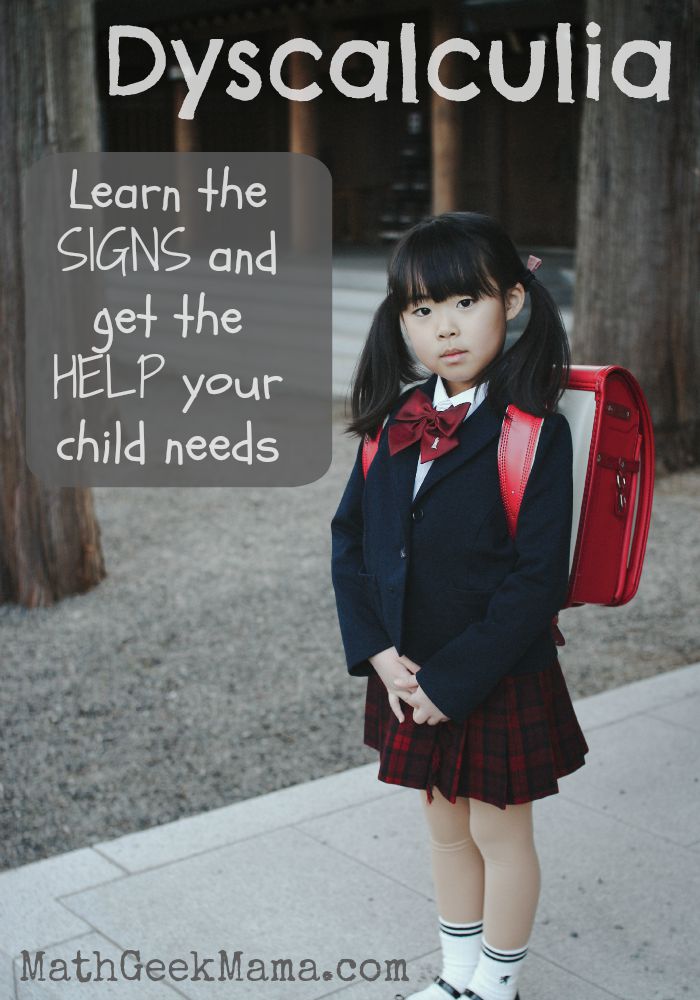
Photo Credit: MIKI Yoshihito (´・ω・) via Compfight cc {text added}
Dyscalculia is a math learning disability that experts estimate affects the same number of people, and yet very little is known about it. As a result, unfortunately, many go undiagnosed. I will admit that even as a mom and math educator who has worked with, taught and tutored struggling math students for years, this is a condition that is new to me.
To help shed some light on this issue and hopefully make not only parents, but also educators more aware, I am excited to share an interview with Sharon Harding of Rediscovered Families. Sharon is also a mom and an educator, and has dealt with the struggles of dyscalculia first hand during her son’s growing up years. She has kindly agreed to share her story, as well as offer hope and encouragement to others.
Here is the helpful insight she shared:
Math Geek Mama: How would you describe dyscalculia to someone who has never heard of it?
Sharon: Dyscalculia is a mathematical learning disability. Children with this disability find it very difficult (almost impossible) to do math. They are often bright and have advanced language skills, but when it comes to math they are unable to do even the simplest of calculations. This short video shows what dyscalculia can look like. It features an eight-year-old boy who is obviously very intelligent. He has great vocabulary and can remember all kinds of interesting facts, but really struggles to do a simple math exercise.
View the video here: http://www.mathematicalbrain.com/qt/beau.mov (He is obviously a very intelligent little boy!)
Math Geek Mama: What were some of the greatest challenges your son faced when trying to learn math growing up?
Sharon: From the time he started school my son battled to understand numbers. Even basic math was a nightmare. We tried everything- flashcards, math songs, workbooks, manipulating actual objects, and computer games, but nothing worked. In grade 7 he still needed to use his fingers to do simple math like 7+2. He could not learn his tables. He is now an adult and still cannot calculate how much change he should get, or add numbers in his head.
Math Geek Mama: At what point did you realize that there might be more to his struggles, and that he should be tested for dyscalculia?
Sharon: I have to confess that despite my son’s struggles it never occurred to me that he might have a learning disability. When he was in grade 9 I heard someone talking about dyscalculia and suddenly a light bulb went on in my head. Over the next few days I read everything I could find about this condition. There wasn’t a lot of information available at the time, but I did find a list of the symptoms. My son had every single one of them. I felt a lot of guilt that I never suspected a learning disability before that time.
Math Geek Mama: What kinds of tests are done to determine a diagnosis?
Sharon: Dyscalculia has only started coming to the attention of educators and research scientists in recent years. There is some very interesting research being done, but there is still a lot to be learned at this point. Definitions and diagnostic tests are being developed. I went to my sons’ school with a list of the symptoms and asked for him to be tested, and he was given a general test that checked his performance in a variety of areas. His scores were very high in every single area except math. This was enough to signal that there was a problem and an educational psychologist was brought in to make a diagnosis.
Math Geek Mama: Once diagnosed, what were the first steps you took to get your son the help and support he needed?
Sharon: I learned to check in with my son’s teachers. Every year the head of the special needs program met with teachers, student, and parents to create an IPP (Individual Program Planning) for any student who needed special care. It outlined the special needs and detailed what accommodations should be made. In theory, every teacher reads this document. I quickly found out, however, that very few teachers actually read these documents, so at the start of every semester I made a point of talking to every staff member who taught my son. This learning disability has an impact on almost every subject. For example, my son needed to have all instructions written down as he can’t hold verbal instructions in his head, and teachers needed to know that.
Math Geek Mama: What are some of the most significant changes you saw in your son and his work or attitude once everyone was aware of his unique challenges?
Sharon: The first change was in his attitude and his self-esteem. He confided in me that he had decided he was stupid, and was really relieved to find out that he was not. In the year following his diagnosis, my son had a teacher’s aid assigned to him for math. His mark went up from 48% to 80%. Unfortunately, the government cut funding for that kind of help and he lost his aid. His mark plummeted, but at least we knew why.
Math Geek Mama: What help or encouragement would you offer to other parents who may have a child recently diagnosed with dyscalculia?
Sharon: My son is now a young adult making his way in the world. We had four years to help him develop strategies for dealing with his disability. He managed to pass his required math exams and was able to graduate from high school with no problems. He is now talking about going onto post-secondary education. This disability has caused some hard struggles at times, but it hasn’t held him back one bit.
The best piece of advice I can give any parent is to find out all you can about Dyscalculia. Knowledge is power and it will help you become an effective advocate for your child.
Math Geek Mama: If you could say one thing to classroom teachers to help them to be more aware and/or understanding of this learning disability, what would it be?
Sharon: I have yet to meet a teacher who has heard of this learning disability. It is estimated that 4-6% of the population have dyscalculia, and yet most of them will go undiagnosed because their teachers haven’t been given the information that will help them to recognize the symptoms. If I could say one thing it would be to beg/plead that teachers learn all they can about this learning disability. I would ask them to become familiar with the symptoms. It is very likely that at least one child in each class will have this disability. A diagnosis could make a huge difference in their lives.
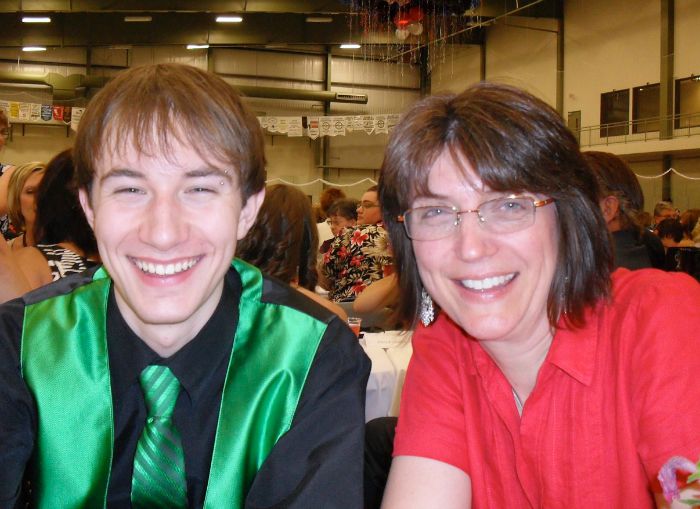
I hope you have found this interview to be enlightening and encouraging as you seek to make math accessible to the children in your life, whether they are your own or students in your classroom. I have also put together a resource page with any and all information I can find to try and help answer questions about dyscalculia as well as where to go to get support as a parent. If you have any other resources that are helpful, please let me know so I can add them to the resources page. Thanks!
If you are looking for more information and resources, here are a few good places to start:
While I have not read it, you may find Dyscalculia: An Essential Guide for Parents to be a helpful resource. It is written by a woman who is diagnosed with dyscalculia, but is now a college level math professor. Or you may like Dyscalculia: Action plans for successful learning in mathematics.
Understood, an organization that seeks to support parents of children with learning disabilities, has a very helpful page of information on dyscalculia.
About Dyscalculia is another helpful site full of information.
This article from Noodle also provides good information and ideas for intervention.
Mathematical Brain also has videos and professional resources for educators.
The Dyscalculia Forum also has a Facebook page that offers resources, articles and encouragement about this disability. If your child has been diagnosed, I encourage you to check it out and engage with this community of people who understand.
I would also encourage you to check out Sharon’s site, Rediscovered Families, to learn more about her story, or ask further questions. I am sure she would be happy to help if possible!
Are you familiar with Dyscalculia? Are there any tips, information or insights you would add? Feel free to share your thoughts or your story in the comments!
~Math Geek Mama
*Please Note: Some of the links in this post are affiliate links and help support the work of this site. Thanks for understanding! Feel free to read our full disclosure policy here.*



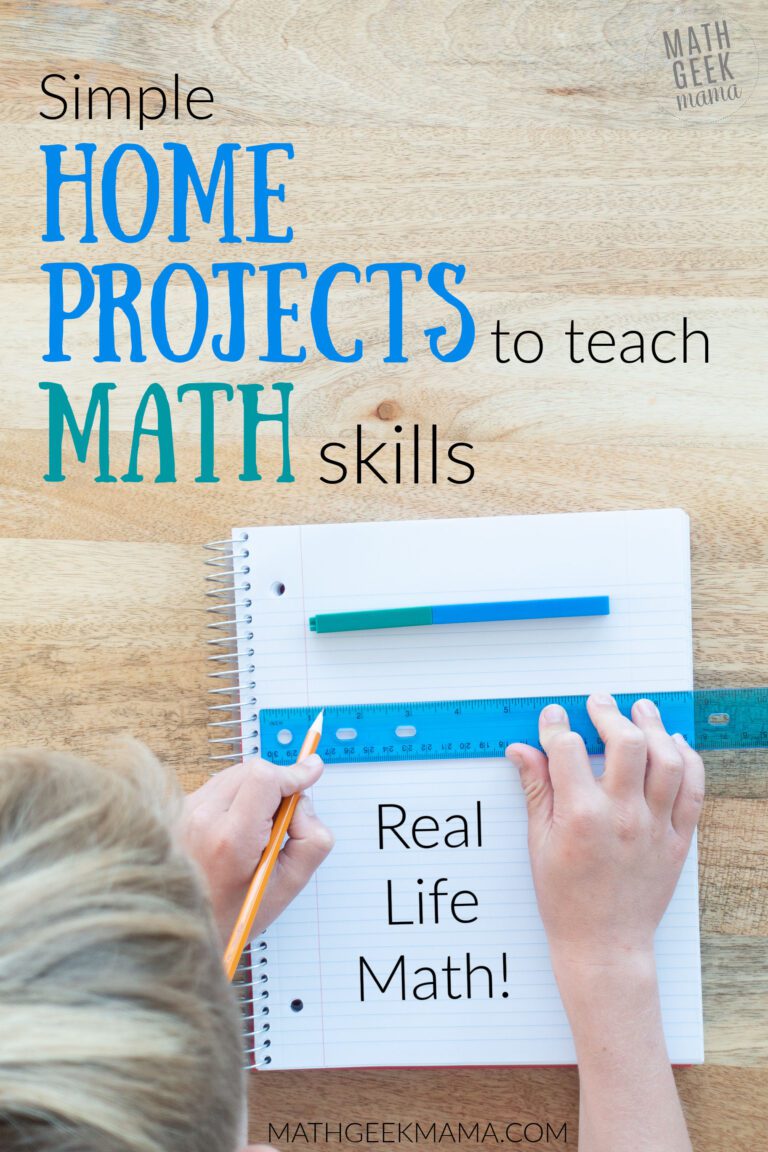

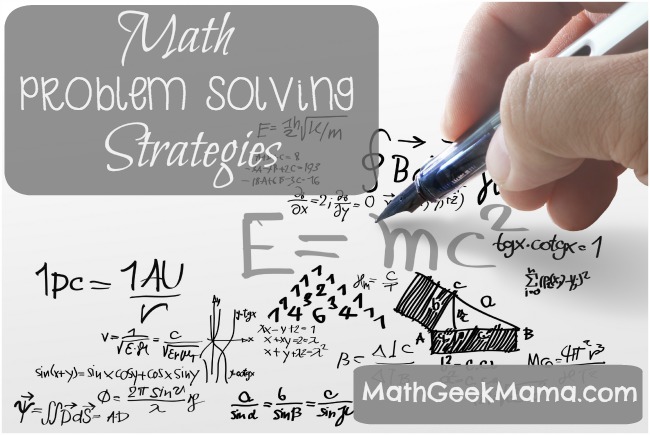
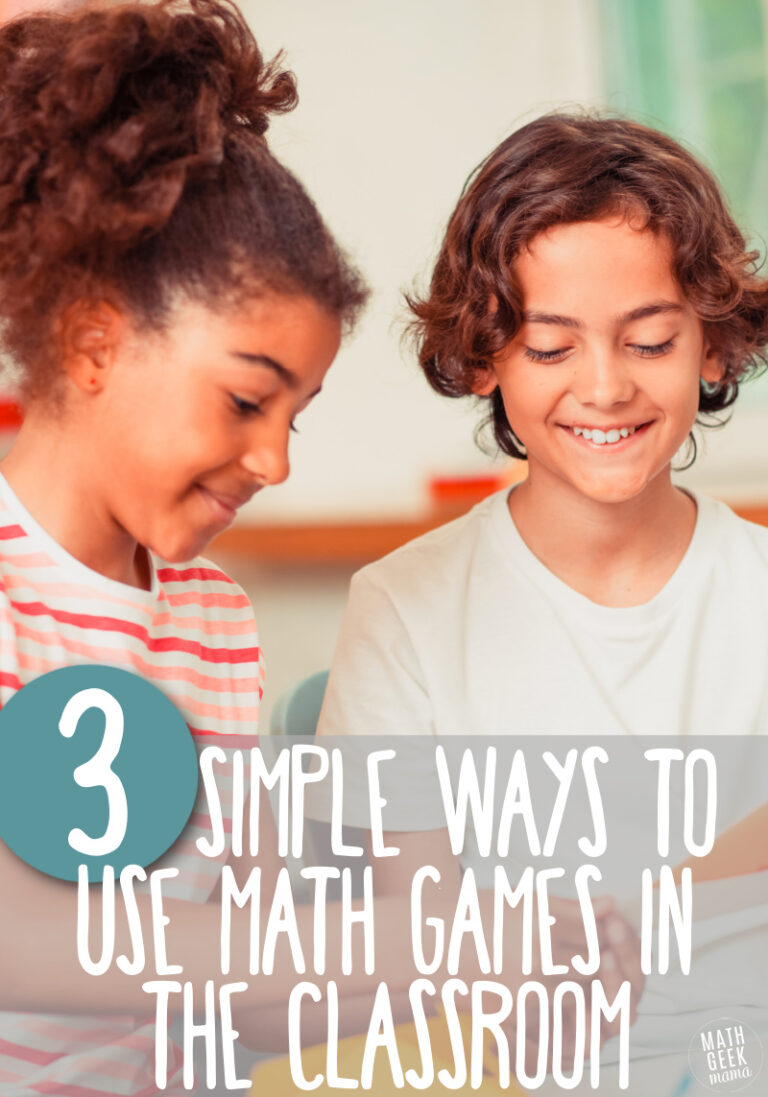

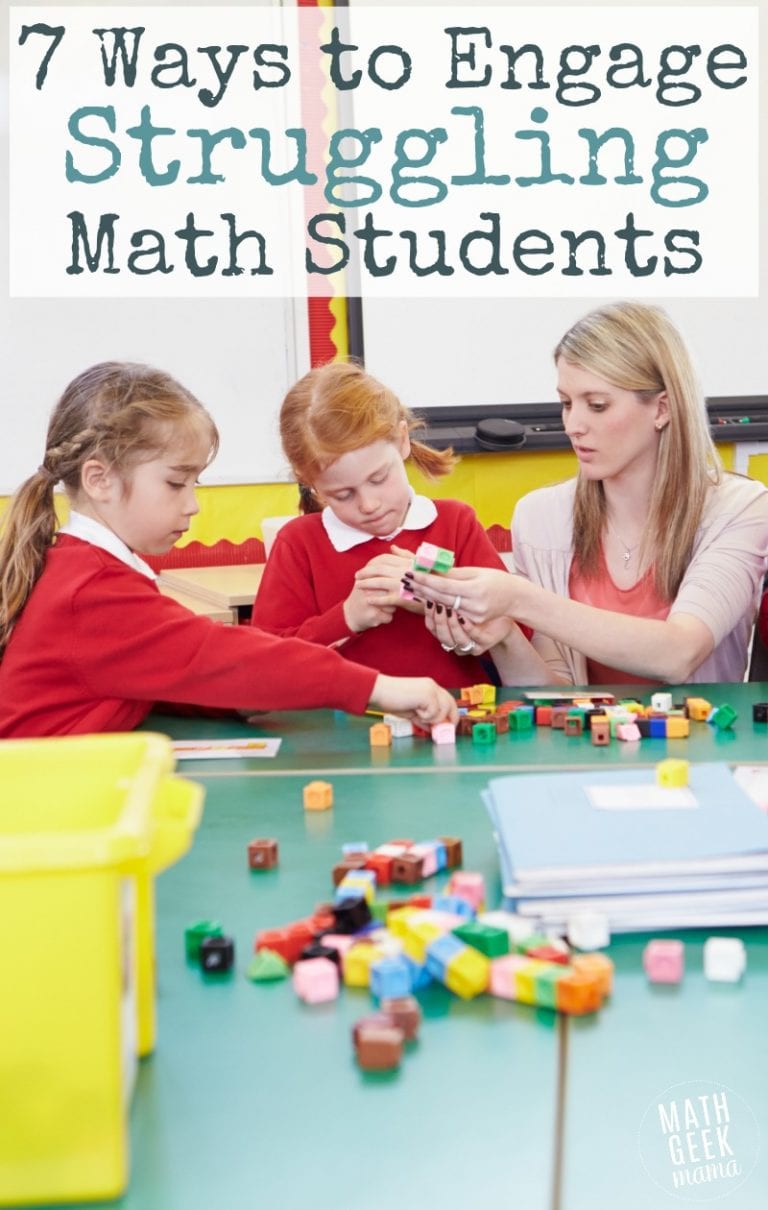
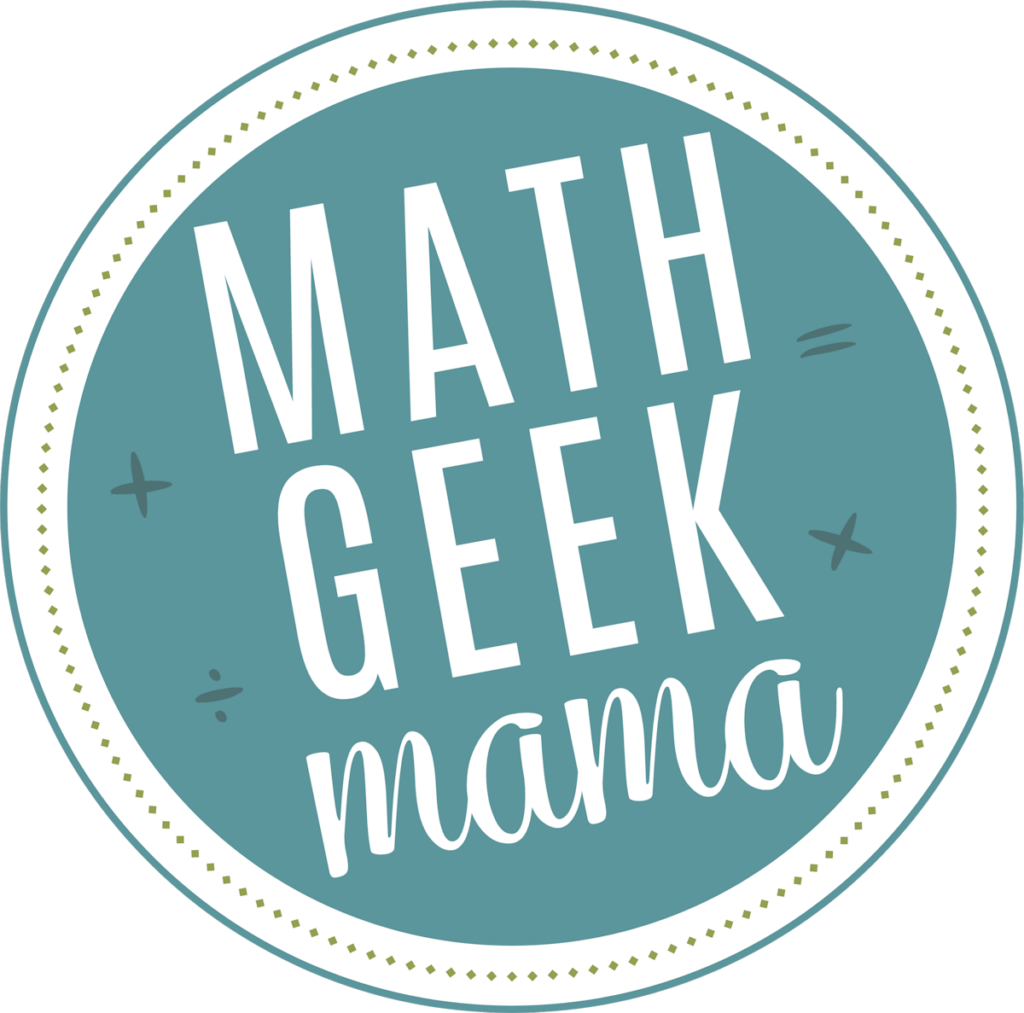
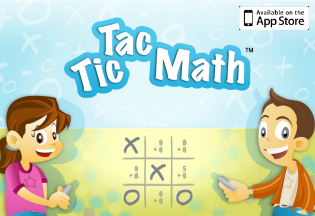


This was so interesting! Thanks for the information!
You’re welcome! I hope you’ll help spread the word! 🙂
I’m the editor of dyscalculia headlines and I try to find interesting information about dyscalculia and make it available for all by linking to it and putting it in categories so folks can easily find what they want to know about the learning disability.
That’s great! Thanks for letting me know, I’ll link to your site as well!
Wonderful post! I love how this is done and it is so helpful.
Thanks Erin!
What a great interview! Thanks for providing these valuable resources on this topic!
Thanks Alison! I hope we can make more parents and teachers aware!
Great post with good insights to raise awareness.
Thanks for linking #LetKidsBeKids
This is really interesting! I have not heard about this before. You have open my eyes and ears. People seem to think that dyslexia is the same as dyscalculia, but it is not. Great interview by the way. Thank you for sharing. #LetKidsBeKids
Thank you for sharing. This was new to me as well, and I’m hoping we can help spread the word. 🙂
Are. Hildenborough who have this condition considered “special needs” or is if that they just struggle with this subject ( I’m not trying to be ignorant, I’m just unaware )
Are children **
Thanks for the question Amanda! Yes, this is a learning disability that is much more than simply struggling with math. It requires special interventions, and kids who are diagnosed would need to have accommodations made, determined together with parent, teacher, and special education teacher. For a list of some accommodations that are often helpful, see this page: https://www.understood.org/en/school-learning/partnering-with-childs-school/instructional-strategies/at-a-glance-classroom-accommodations-for-dyscalculia
Hope this helps!
Great article! I actually have dyscalculia (I never knew the proper name until now, though; we always just called it a “learning disability in math”). College math courses were horrible. Thankfully my advisor waived the algebra class I needed so I could graduate. And the pure anxiety of those elementary school “Mad Minute” tests or going up to the board to do problems…yikes!!
Wow thanks for sharing! I’m thankful they recognized it and were able to help you graduate! That’s wonderful! Timed math tests are stressful on anyone, so I can’t even imagine the anxiety it would have caused you! Thanks for stopping by and sharing a little of your story 🙂
I do not like this post because it makes Dixlexia sound like it’s all about math and no it’s not I have minor Dixlexia and I am great in reading I have 12 grade reading level and I am in 5th grade I am 10 I am OKAY AT MATH but I am really bad at spelling and Dixlexia in some cases it can turn into ADHD or grow out of it and that’s what I am doing
Thanks for sharing your story! You’re right, dyslexia is not about math, and I’m glad that you don’t struggle with math right now! But what I’m referring to in this article is dyscalculia, which is a different condition than dyslexia. Some people struggle with math the way that you struggle with spelling. Unfortunately this condition is not well known and often undiagnosed, which is why I wanted to help people find answers. 🙂
Hi, I live in the West Midlands in the UK. I have 3 children and my oldest son will be 10 next month. We home educate and the last couple of years have been very difficult. I juts couldn’t wrap my head around why my amazingly intelligent son couldn’t understand the most basic of maths! Last week I just felt that I needed to seek out some help. I spoke to my husbands best friend who is a maths tutor but for students in high school and even higher education. He referred me to a friend/colleague of his who is better suited to help get to the bottom of my sons learning difference. After researching and doing some reading up I am convinced that this is what has been going on with him. I am so ashamed to say that I, like many, thought he was just being lazy and it has lead to many many frustrating shouting matches between us. OH the guilt! Thank you for this blog post, video and links.
You’re welcome! I’m so thankful you have found some help and resources for your son.